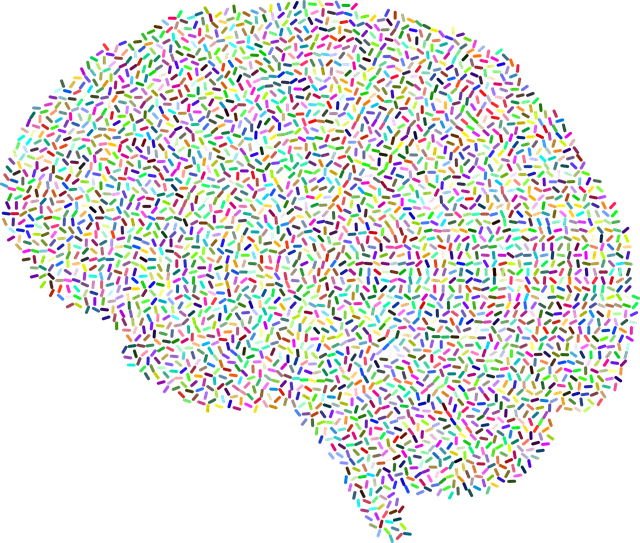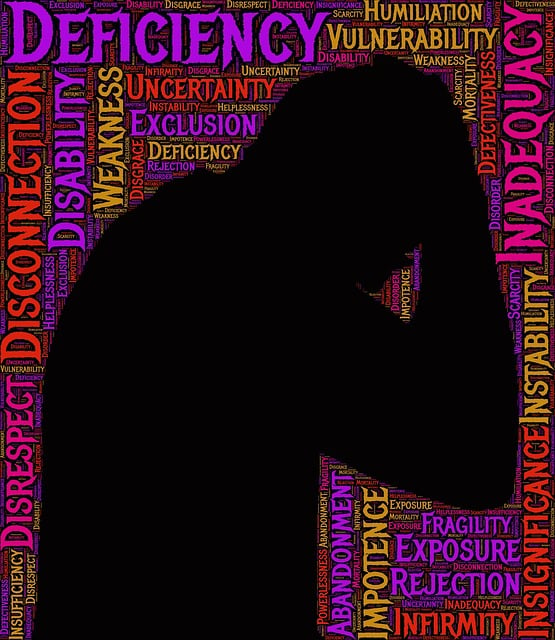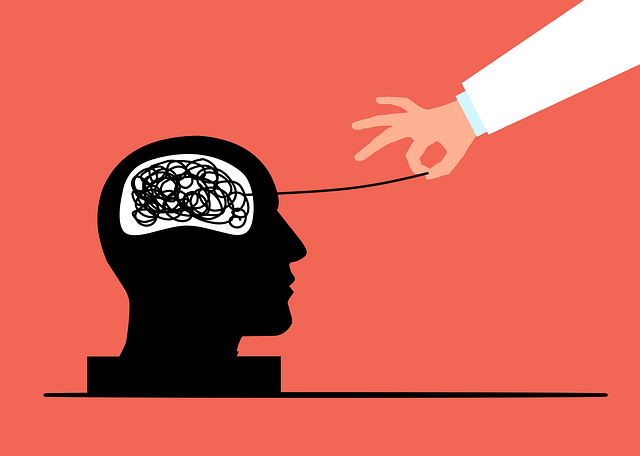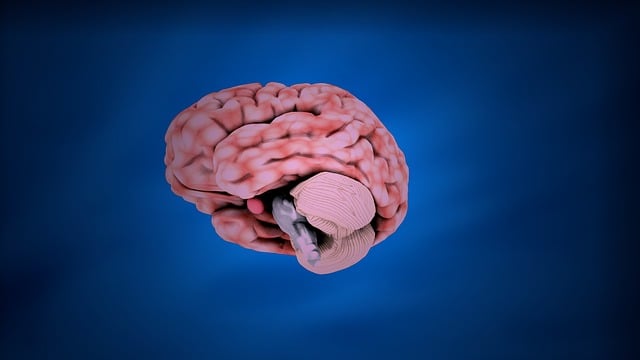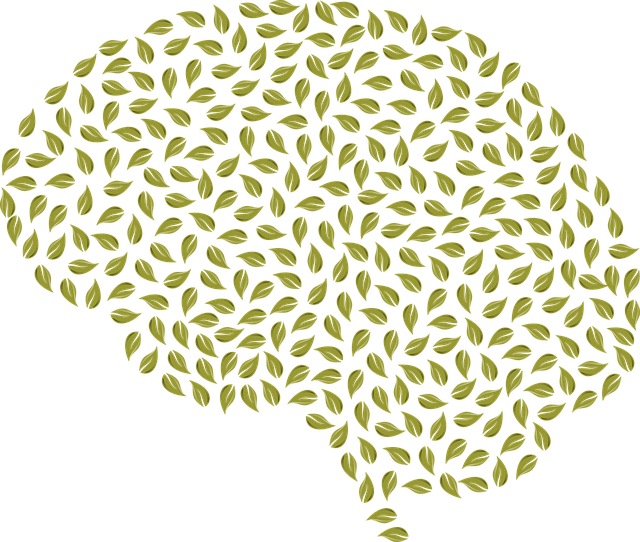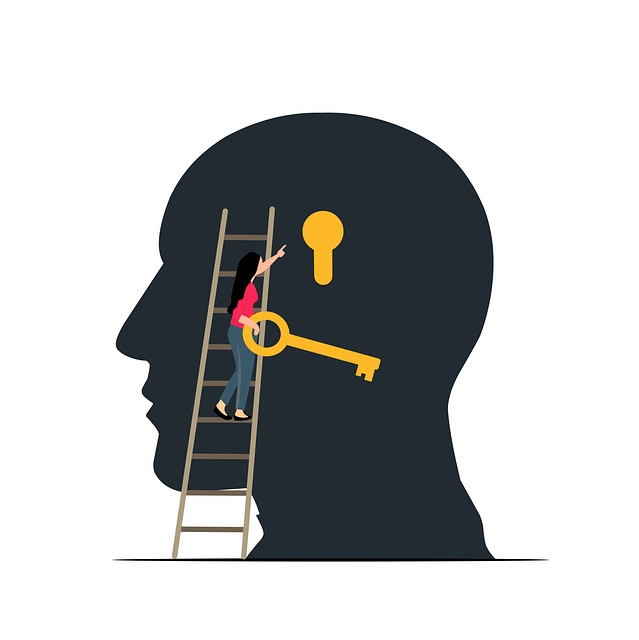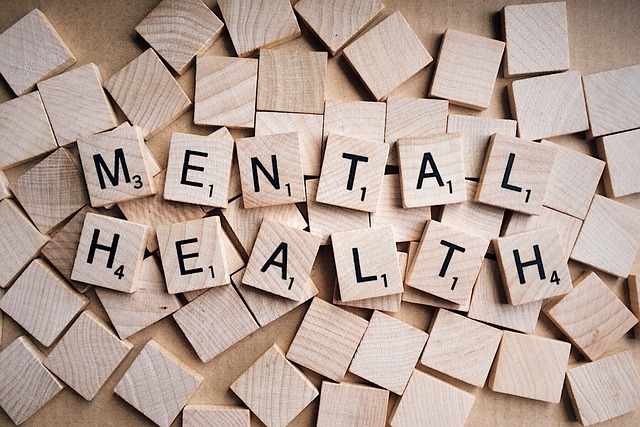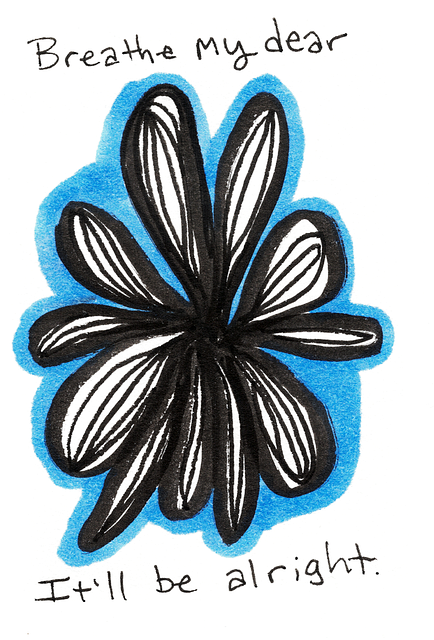Cultural competency training is essential for healthcare professionals treating young adults with anxiety, addressing potential cultural biases that may hinder effective therapy. By understanding and embracing diverse perspectives, therapists create supportive environments using techniques like mindfulness to enhance confidence in managing anxiety. This personalized care, tailored to individual needs, improves treatment outcomes. Simulated immersive experiences, mental health awareness training, and active listening are key strategies to develop culturally sensitive practices, ensuring successful therapy for young adults, regardless of their cultural background, and addressing language barriers and misunderstandings. Evaluating the impact involves setting measurable goals related to communication, satisfaction, and treatment results.
Cultural competency in healthcare is crucial for providing effective therapy to young adults with anxiety. As our society becomes increasingly diverse, understanding cultural biases and implementing inclusive practices are essential. This article explores strategies for training healthcare providers to address cultural barriers, improve communication, and enhance patient engagement. We discuss the impact of cultural biases on mental health treatment and provide insights into measuring the success of cultural competency programs, focusing on solutions for better care in a diverse landscape.
- Understanding Cultural Competency in Healthcare for Young Adults with Anxiety
- The Impact of Cultural Biases on Mental Health Treatment
- Strategies for Training Healthcare Providers to Address Cultural Barriers
- Effective Communication Techniques for Better Patient Engagement
- Measuring and Evaluating the Success of Cultural Competency Programs
Understanding Cultural Competency in Healthcare for Young Adults with Anxiety

Cultural competency is an essential aspect of healthcare that often requires specialized training, especially when addressing issues like anxiety among young adults. This training equips healthcare providers with the skills to offer effective therapy for young adults with anxiety, tailored to their unique cultural backgrounds. Understanding and respecting diverse cultural perspectives enable healthcare professionals to create a safe and supportive environment, fostering open communication and better patient outcomes.
For young adults struggling with anxiety, cultural competency training can significantly enhance therapeutic interventions. Incorporating techniques like mindfulness meditation and self-awareness exercises, which resonate across cultures, can boost confidence and provide valuable tools for managing anxiety. By recognizing and valuing the diverse ways individuals express and cope with anxiety, healthcare providers can offer personalized care, ensuring that young adults receive the best possible support tailored to their needs.
The Impact of Cultural Biases on Mental Health Treatment

Cultural biases can significantly impact the mental health treatment received by young adults, often leading to misdiagnoses and ineffective therapy. These biases, shaped by societal norms and personal experiences, influence how healthcare providers perceive and interact with patients from diverse backgrounds. For example, a provider’s unconscious assumptions about certain cultural practices or beliefs might hinder their ability to offer adequate support for anxiety disorders in young adults. If not addressed, these biases can result in gaps in care, affecting the effectiveness of therapy.
In particular, when dealing with anxiety disorders, cultural competency is crucial. Therapy for Young Adults Anxiety requires providers to understand and respect the unique coping skills development and empathy-building strategies employed by individuals from various ethnic and cultural groups. Compassion cultivation practices can bridge the gap by fostering a more inclusive therapeutic environment, allowing patients to feel heard and understood. This approach not only enhances treatment outcomes but also promotes better mental health care for all young adults, regardless of their cultural background.
Strategies for Training Healthcare Providers to Address Cultural Barriers

Training healthcare providers to navigate cultural barriers is an essential step in delivering quality care to a diverse patient population. One effective strategy involves immersive experiences where trainees engage with simulated patients from various ethnic, cultural, and socioeconomic backgrounds. This hands-on approach allows future doctors and therapists to practice communication skills while gaining insights into the unique perspectives and challenges faced by different communities. By creating realistic scenarios, training programs can address issues like language barriers, cultural misunderstandings, and unconscious biases that may hinder patient-provider relationships.
Additionally, incorporating modules on mental health awareness and trauma support services within the curriculum is crucial. These sessions should delve into the impact of cultural factors on mental health, encouraging providers to develop inner strength and adaptability. By fostering an environment where therapists understand the intersection of culture and therapy for young adults with anxiety (or other common issues), patients are more likely to feel heard, respected, and supported. Such training equips healthcare professionals with the tools to provide culturally sensitive care, ultimately improving patient outcomes and satisfaction.
Effective Communication Techniques for Better Patient Engagement

Effective communication is a cornerstone of quality healthcare delivery, especially when engaging young adults seeking therapy for anxiety. Mental health professionals play a vital role in creating a safe and supportive environment that encourages open dialogue. By employing active listening techniques, such as paraphrasing and summarizing patient concerns, therapists foster trust and ensure understanding. This not only improves patient engagement but also facilitates the development of coping skills essential for managing anxiety.
In today’s diverse healthcare landscape, professionals must be adept at tailoring their communication to cater to various cultural backgrounds. This involves learning to navigate language barriers and being sensitive to different expressive norms. Effective communication strategies, combined with public awareness campaigns that promote mental health literacy, can significantly impact the success of therapy sessions. Additionally, risk management planning for mental health professionals should emphasize culturally responsive care to mitigate potential challenges and ensure positive patient outcomes.
Measuring and Evaluating the Success of Cultural Competency Programs

Evaluating the success of cultural competency training programs is a multifaceted process that goes beyond mere satisfaction surveys. It requires a comprehensive approach to assess tangible improvements in healthcare delivery and patient outcomes, particularly for specialized services like therapy for young adults anxiety. This involves setting clear, measurable goals aligned with the program’s objectives—such as enhanced cross-cultural communication, increased cultural sensitivity among staff, and improved patient engagement from diverse backgrounds.
Key metrics could include tracking referral patterns to identify if patients are more likely to seek therapy after exposure to culturally competent care. Measuring patient satisfaction and treatment outcomes can provide insights into how well the program addresses specific aspects of mental wellness, as highlighted in our Mental Wellness Podcast Series Production. Additionally, risk management planning for mental health professionals should incorporate cultural competency training outcomes to ensure safe, effective, and respectful interactions with patients from diverse communities.
Cultural competency training is a game-changer in healthcare, especially when it comes to treating young adults with anxiety. By understanding and addressing cultural biases, providers can create an inclusive environment that enhances patient engagement and improves outcomes. The strategies outlined in this article—from effective communication techniques to measuring program success—offer a roadmap for healthcare organizations to deliver better therapy for young adults with anxiety and foster a more culturally competent care system.
